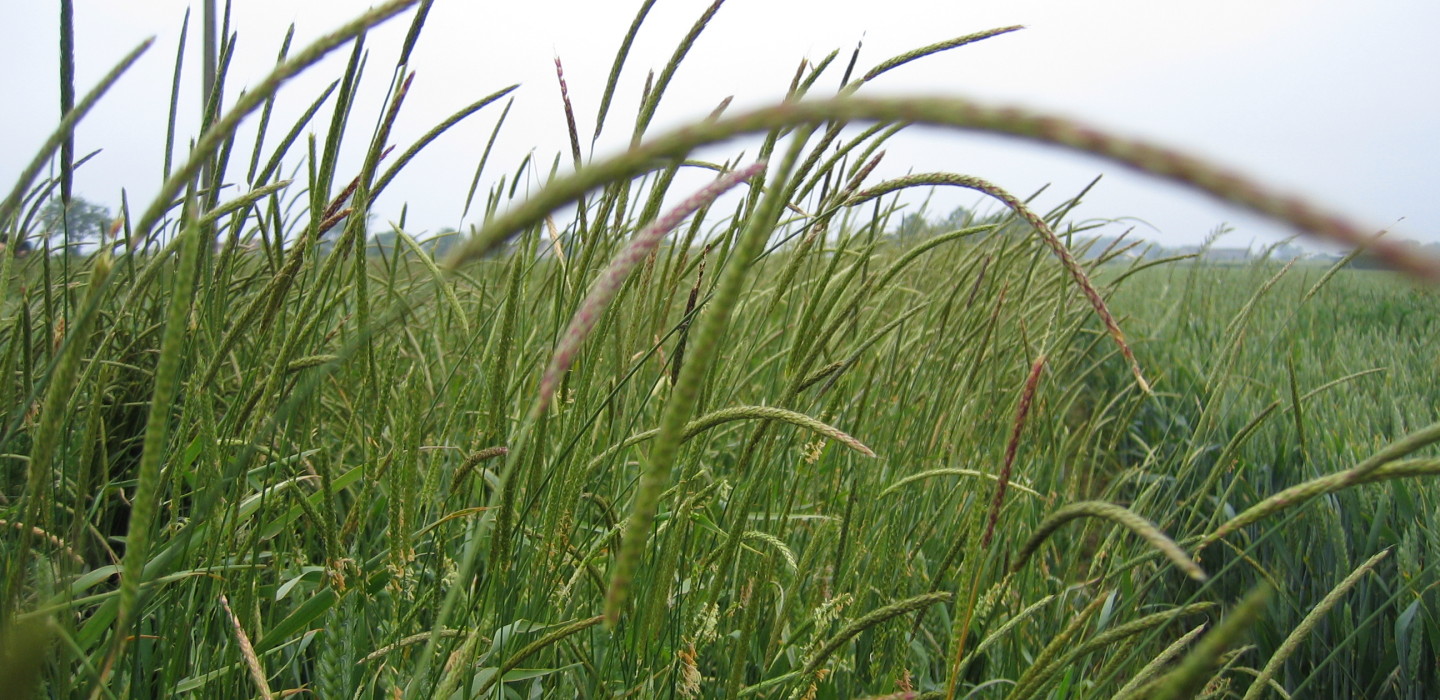
New Nuffield arable scholar Ben Taylor Davies will spend the next 18 months investigating approaches to controlling black-grass outside the cropping year.
He is supported by AHDB Cereals & Oilseeds and the Three Counties Agriculture Society.
Ben farms at Ross on Wye and is an agronomist with Hutchinsons, responsible for approximately 6,300ha from Tewkesbury to Daventry. He chose the topic because he believes resistant black-grass is one of the greatest threats to British agriculture and describes it as the ‘perfect weed’, due to its capacity to grow in all soil conditions and its prolific production of seeds.
“We can’t control black-grass within the crop,” he said, “so I want to look at how to control it out of the crop. The first three months after harvest are the most important in the weed’s year and there are a lot of different ideas out there about how to target control during this time.”
Over the years Ben has run his own series of try-outs: “I have a very open mind when it comes to new agricultural ideas. You’ve got to try everything, no matter how left-field it might seem.”
His own researches so far have taken him from ancient Greek agricultural practices to allelopathy, biodynamics and spring cropping. When it comes to fighting black-grass with his clients, however, he has often found that doing nothing intentionally has given him the most success.
“Generally we do nothing after harvest, and we’ve found the results are astonishing. By not using any machinery it saves a lot of diesel too. But I don’t at the moment know any farmers other than the few I work with who do nothing on purpose.”
During his Nuffield studies, Ben hopes to meet with a broad spectrum of farmers to find out about their weed management strategies. His travels will likely take him to Australia to find out about ryegrass species; South Africa to meet growers who have resistant grassweeds; and Belgium to see why they have begun to experience herbicide resistance.
“I have a lot of questions to ask. How important are overwinter stubbles? What triggers bad black-grass problems? What does it need to grow? How can we predict when the black-grass is going to come up? What role does UV light play in the degeneration of the seeds? What are research and government organisations in other countries doing to help?”
There will also be an opportunity for Ben to visit countries with less developed agricultural practices, meeting farmers and sharing ideas to help them prevent wide-scale weed problems.
The Nuffield journey for Ben begins with the Contemporary Scholars Conference in March. In the meantime he will be making contacts and meeting others interested in black-grass, such as some of AHDB’s Monitor Farm network.
“I’m excited to see all the different approaches to weed management, and how it is affected by general cultural attitudes to agriculture in the countries I will visit.”
